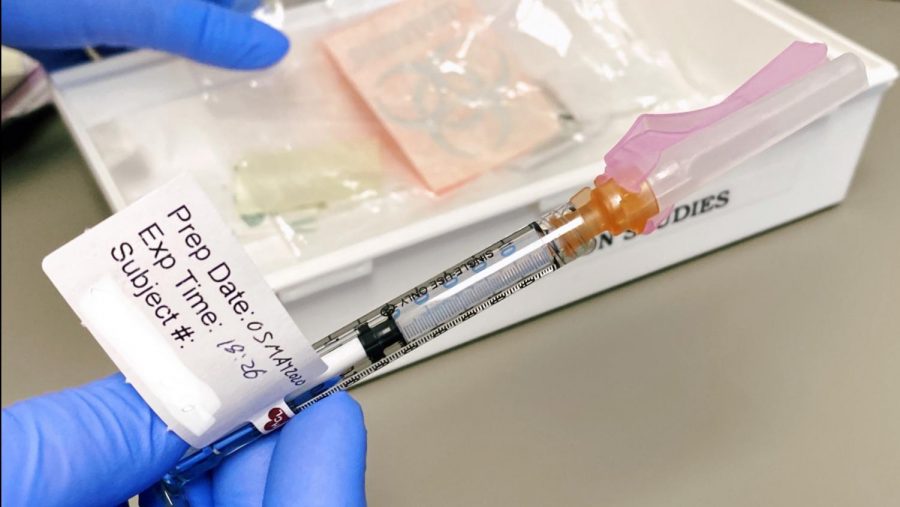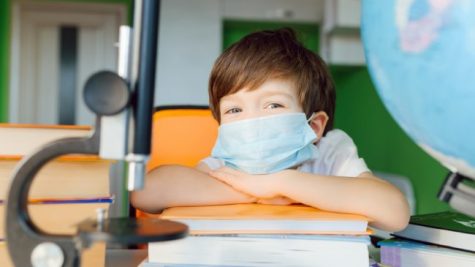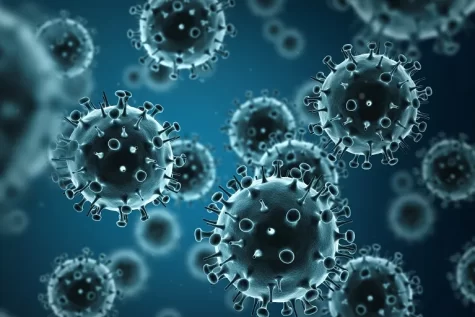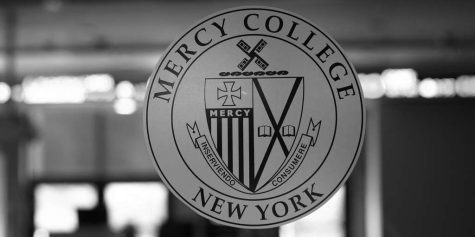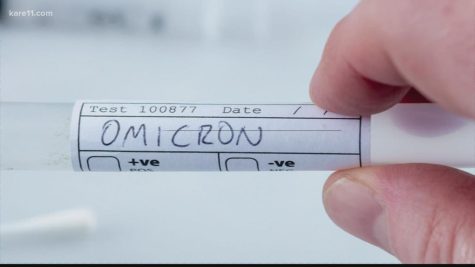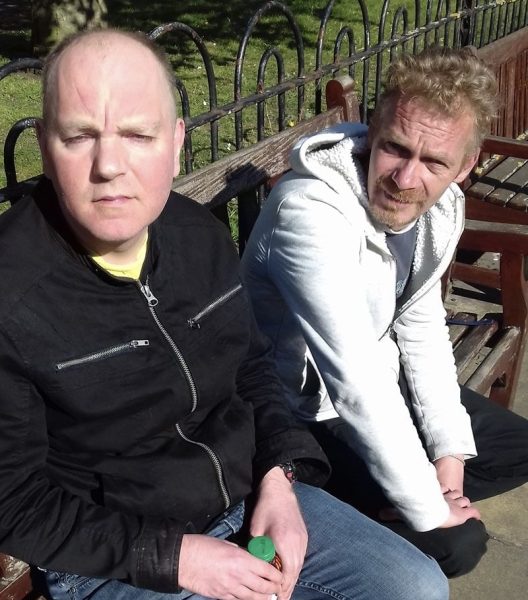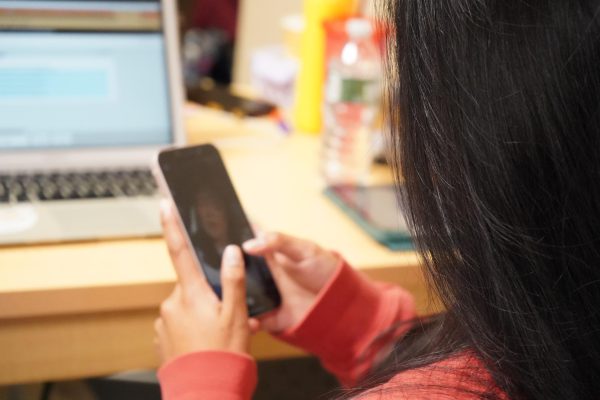The Race For A Coronavirus Vaccine
Companies Scramble To Determine What Works To End The Pandemic
The Coronavirus pandemic has put the world in a crisis and it has affected millions of people. In order to fully control this virus a vaccine is needed to protect everyone. Companies like Mayo Clinic, Kaiser Permanente, Moderna and Oxford University are all in a race against time to produce a vaccine that can be administered to the public safely.
The process of creating a vaccine is very complicated and it can sometimes take years to find out if it works. Dr. Anthony Fauci, who is the director of the National Institute of Allergy and Infectious Diseases, believes a vaccine could be ready in 12 to 18 months.
A vaccine helps develop immunity by emulating the infection. According to the CDC, this type of infection, however, almost never causes illness, but it does cause the immune system to produce T-lymphocytes and antibodies. Sometimes, after getting a vaccine, the imitation infection can cause minor symptoms, such as fever. Such minor symptoms are normal and should be expected as the body builds immunity. Once the imitation infection goes away, the body is left with a supply of “memory” T-lymphocytes, as well as B-lymphocytes that will remember how to fight that disease in the future. However, it typically takes a few weeks for the body to produce T-lymphocytes and B-lymphocytes after vaccination. Therefore, it is possible that a person infected with a disease just before or just after vaccination could develop symptoms and get a disease, because the vaccine has not had enough time to provide protection.
Ian Haydon is currently taking part in a Phase 1 trial that is testing the safety of an mRNA vaccine that was made by Moderna.
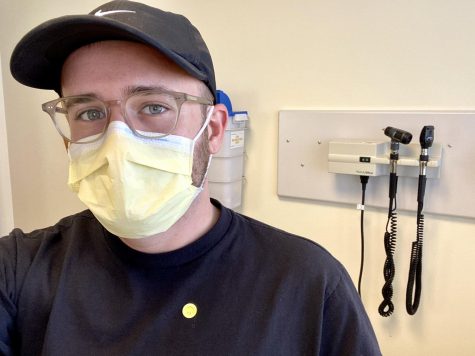
“To my knowledge, I am part of the very first trial that put a candidate COVID vaccine into humans,” Haydon said. “I am fortunate to be in good health, and we won’t arrive at a safe and effective COVID vaccine unless healthy people like me decide to take part in clinical testing. It seems like a small way for me to help in this crisis.”
And it has already begun.
“I received my first dose of the vaccine on April 8 and then I received another dose 28 days later.”
Kaiser Permanente, Washington Health Research Institute’s vaccine research team, started the first National Institute of Allergy and Infectious Diseases trial of the mRNA-1273 investigational vaccine against the 2019 novel coronavirus on March 16. The vaccine was produced by Moderna, Inc. The NIAID announced on March 27, that Emory University in Atlanta is also enrolling participants in the trial. Also, on April 17, NIAID announced that the trial will also grow to include people who are aged 56 and older.
In order to not have dependence on one specific geographic location, the older people who are taking part in the trial will be separated across three locations: Kaiser Permanente in Seattle, Emory in Atlanta and NIAID’s Vaccine research center clinic at the NIH Clinical Center in Bethesda, MD. Having older people as part of the vaccine trial will help the scientists gain a better understanding of the vaccination outcomes in older people, who might face a higher risk of complications from COVID-19.
“I did have some issues after the second vaccination, but that only lasted about a day. Now I feel absolutely normal, just like I did before this study started,” says Haydon.
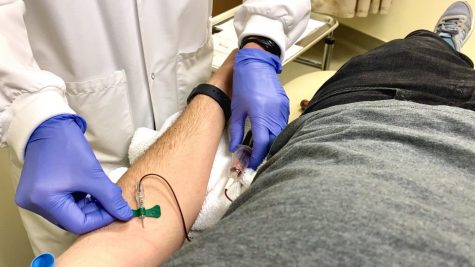
Currently the trial for the Moderna vaccine doesn’t have any live virus and it won’t expose the participants to the virus. The trial vaccine includes messenger RNA for the viral spike protein. In phase one of the trial, researchers at Kaiser Permanente, Emory and NIH are testing if the vaccine is safe and the number of antibodies that are produced. However, phase one of this trial won’t be studying how effective the vaccine is in preventing an infection of the coronavirus. Those findings will be researched during the other phases of the process. It was recently announced that the FDA approved Moderna to move into phase two of their trial.
“They shared nothing with me specifically. I learned about the initial results from the company’s press release. However, I don’t think I am eligible to participate in Phase 2 since I was already in Phase 1,” says Haydon.
Some frontline workers who would be some of the first people in the world to receive a potential vaccine are apprehensive about participating in a trial or actually receiving an approved vaccine when it’s ready to be taken.
Cynthia, who is a nurse at Guy’s and St. Thomas Hospital in London, England, believes it is too risky to participate in a potential vaccine trial.
“I don’t advise anyone to take any vaccine for Covid-19 because it’s very risky and my healthcare colleagues feel the same way. We think the government should test it on themselves first and see how it goes, but I will not be used as a lab rat. It is a new virus and the way that they are making these vaccines so quickly is scary. There could be major side effects that has not been noticed yet. So, in my opinion it’s too soon.”
The Mayo Clinic have started a treatment that is called Convalescent Plasma Therapy. This type of treatment consists of giving patients blood transfusion from anyone who have recovered from Covid-19. The patients who have recovered are believed to have an abundance of antibodies in their blood because they have recovered from the virus.
Marcel, who is a clerk at an New York City Hospital believes the vaccine process is flawed and is being rushed, which puts people in danger.
“Personally, I don’t believe in the vaccine it is still in the trial period and I don’t think enough test is done to say whether it is working or not. Our body responds differently to all types of medicine. The frontline workers like myself are going to be the guinea pigs because we don’t know how we are going to respond to it. What might work for one might not work for a next person.”
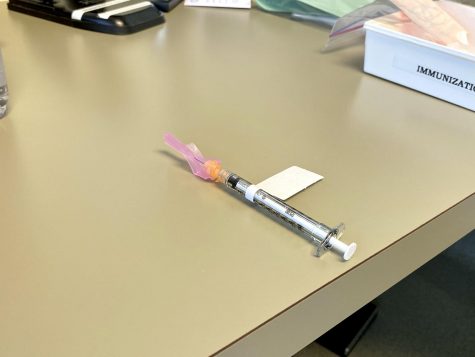
According to the Mayo Clinic, the treatment is based on the function of antibodies, proteins created by the immune system that combat invaders to the body in a variety of ways. Some are capable of neutralizing a virus, while others work by mobilizing a range of other immune cells that fight off disease. It’s not yet known by which mechanism COVID-19 antibodies might work, but the thinking is that an infusion of convalescent plasma may boost a generalized response, known as passive immunity, until a patient develops a strong, targeted ability to fight the virus.
“I won’t be testing a drug on me without knowing if it works,” said Marcel. “I won’t know if it is destroying any part of my body. FDA approval is just another way to manipulate the system to make sure a drug hit the market. To stop the panic, they are trying to push the vaccine on the market at a rapid pace to calm the nation. My belief is that a vaccine can hit the market without proper testing. They have to show me how much research and documentation to prove to me that it will not affect any other part of my body. When they do trial, it should show side effects and they have to show me the side effects of any vaccine that is approved.”
An ethical dilemma is quickly approaching as the world races to find a vaccine that can help cure the coronavirus. This dilemma is whether healthy adults should be injected with the live virus, so that the path to finding a vaccine could be accomplished quicker.
This type of method is called a challenge trial. A live virus being injected into a healthy human isn’t normally required to test a vaccine, but researchers are debating whether phase three of a vaccine trail should be skipped and whether they should go on to a challenge trial right after phase two.
“I think it’s good that people have begun having that conversation about the challenge trial, but it’s not something anyone should rush into,” Haydon said. There are obvious risks, including death. But if a challenge trial really could speed up the vaccine testing timeline, it is something that I might be open to doing. I actually wrote an op-ed about this topic for the Boston Globe.”
If a vaccine is approved it will be the fastest a vaccine has ever been produced in history, however researchers need to make sure that whatever they are putting out to the general public is safe and won’t cause harm to anyone that decides to take it.
“My sense is that I am playing an important but small role. Not only am I just one of the 45 initial volunteers, but this just happens to be first of many vaccine trials, hopefully thousands of other people enroll over time,” Haydon said. “Every trial is only possible because of the small army of nurses, physicians, pharmacists and of course scientists who dedicate their entire lives to vaccine research. If there are silver linings to this pandemic, one of them has got to be that science and medicine march on.”
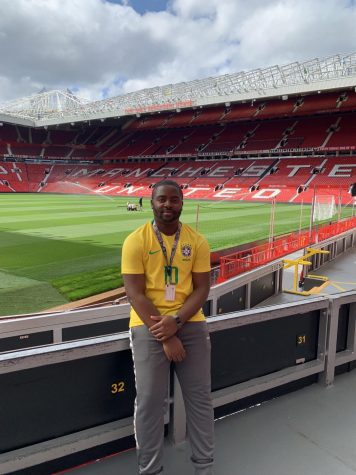
Chevaughn Hurst is a senior majoring in media studies with a concentration in journalism. He grew up in Jamaica and migrated to the United States at the...



